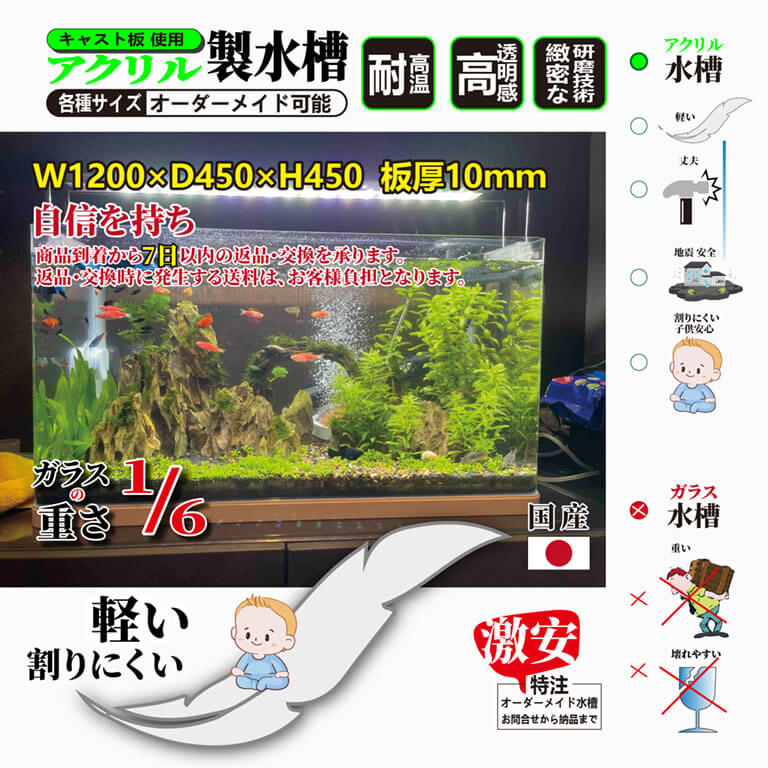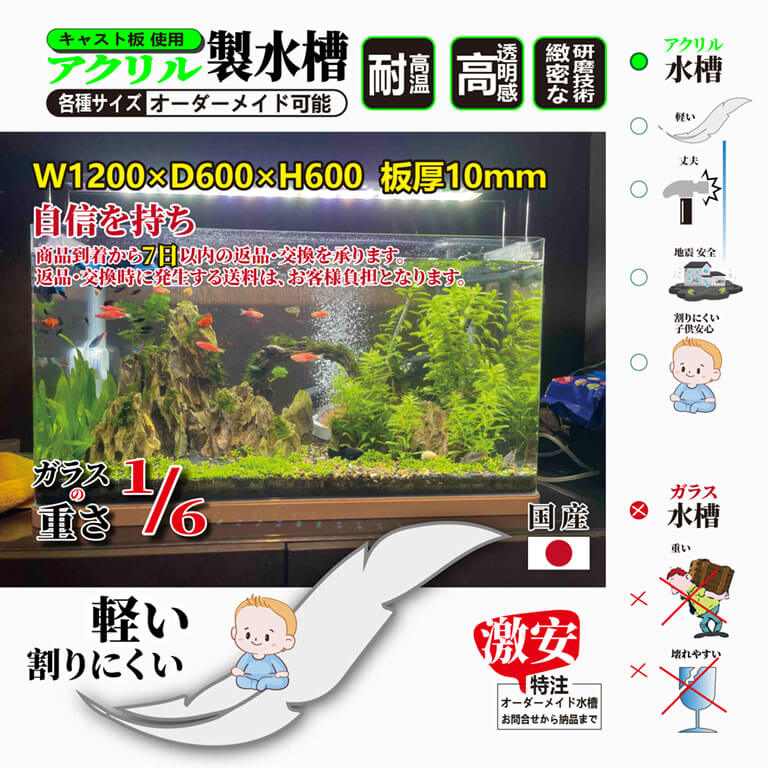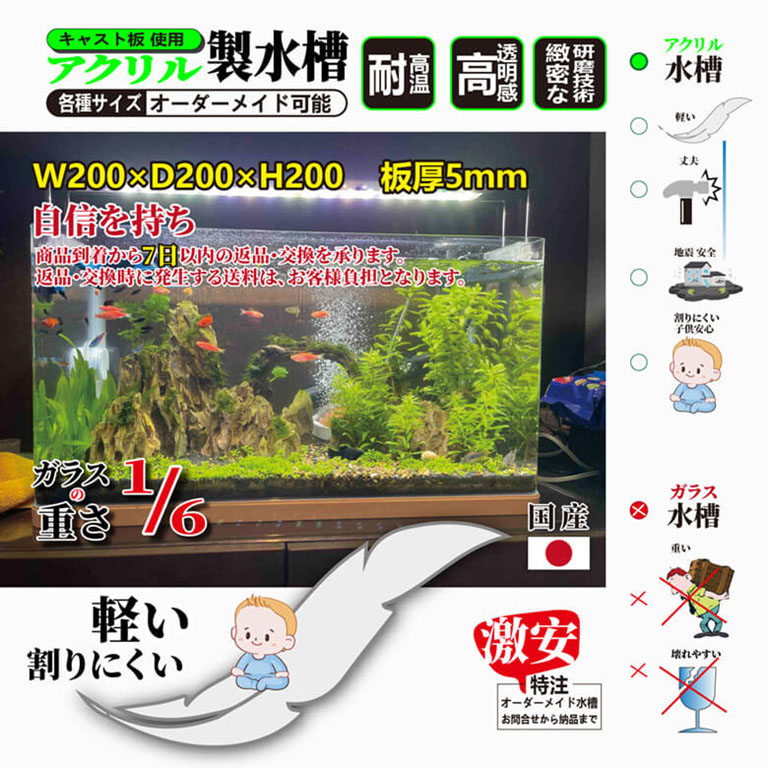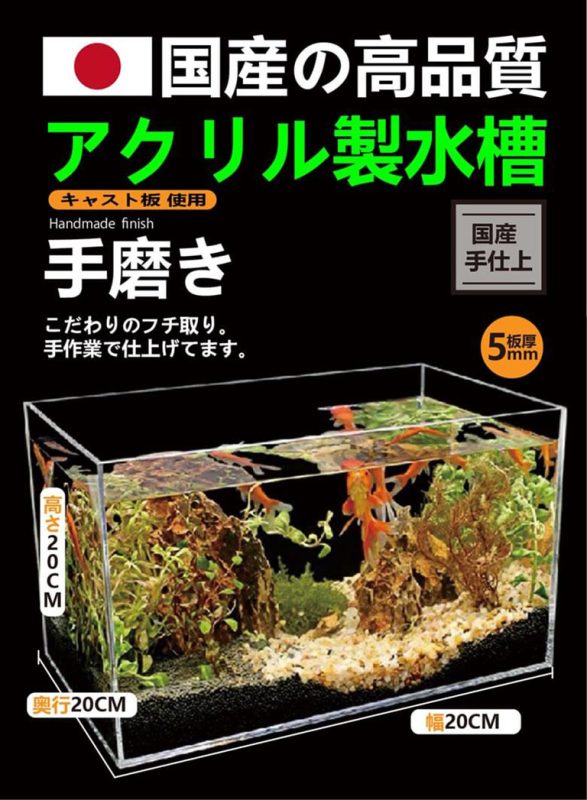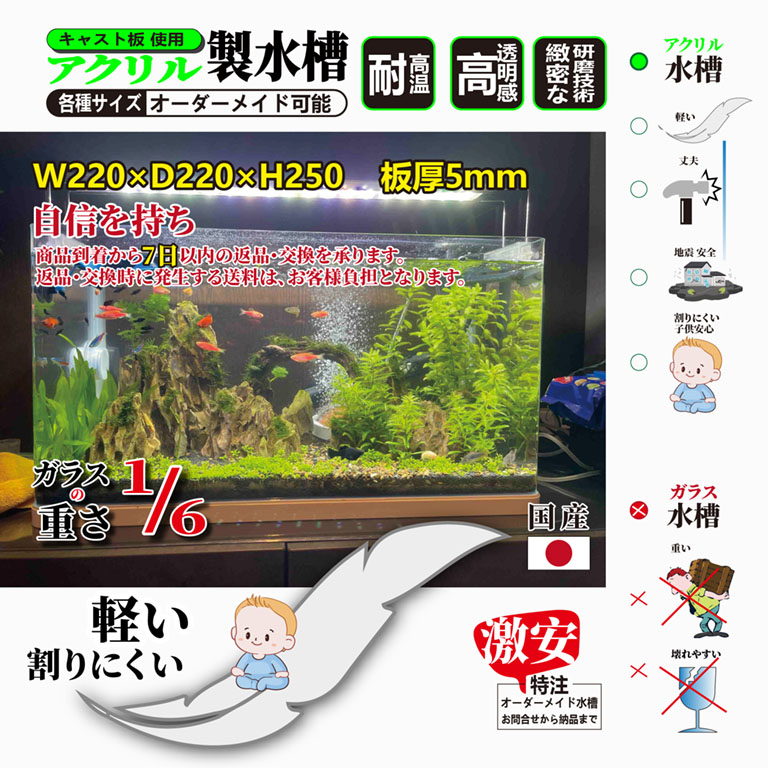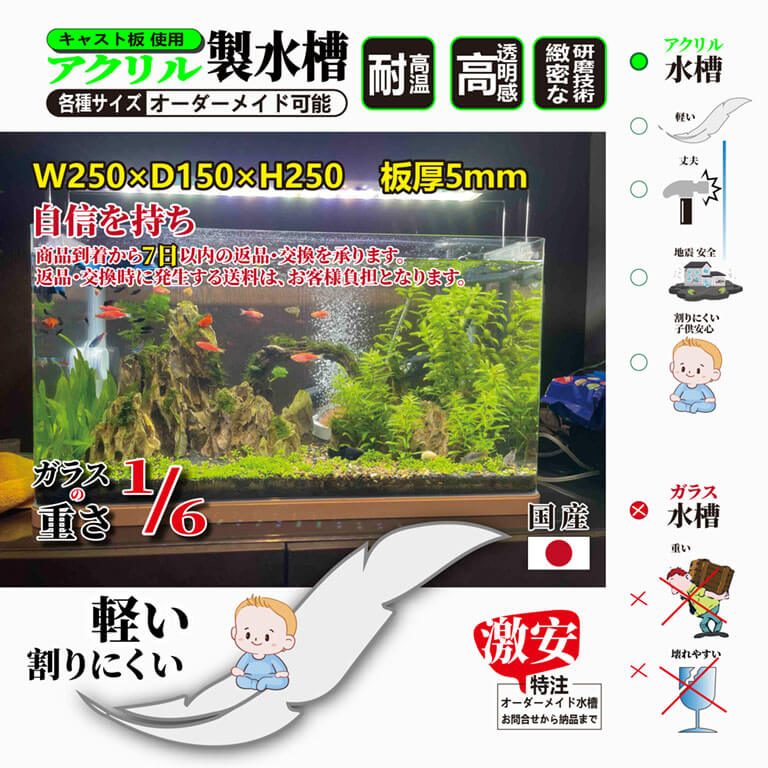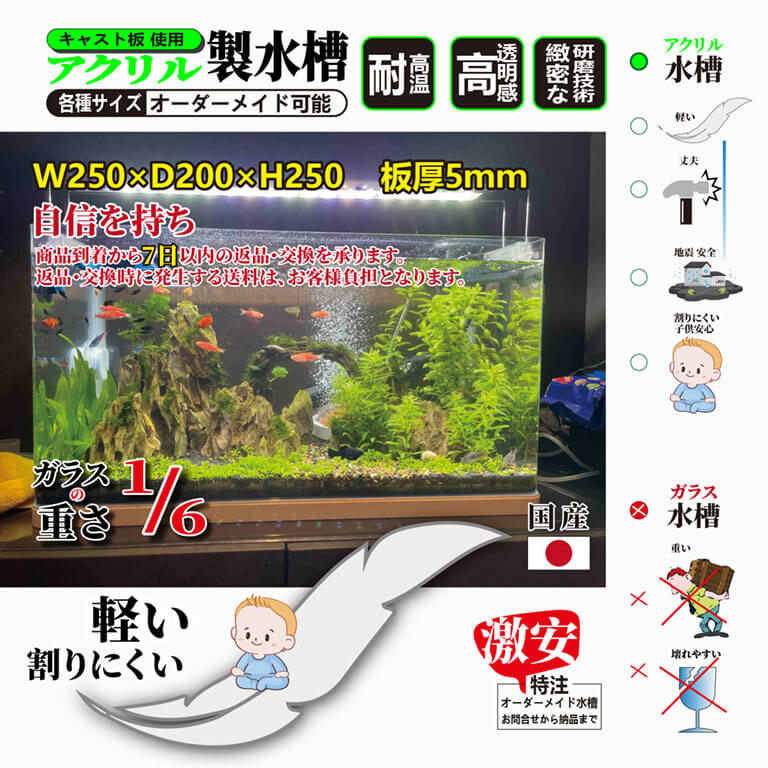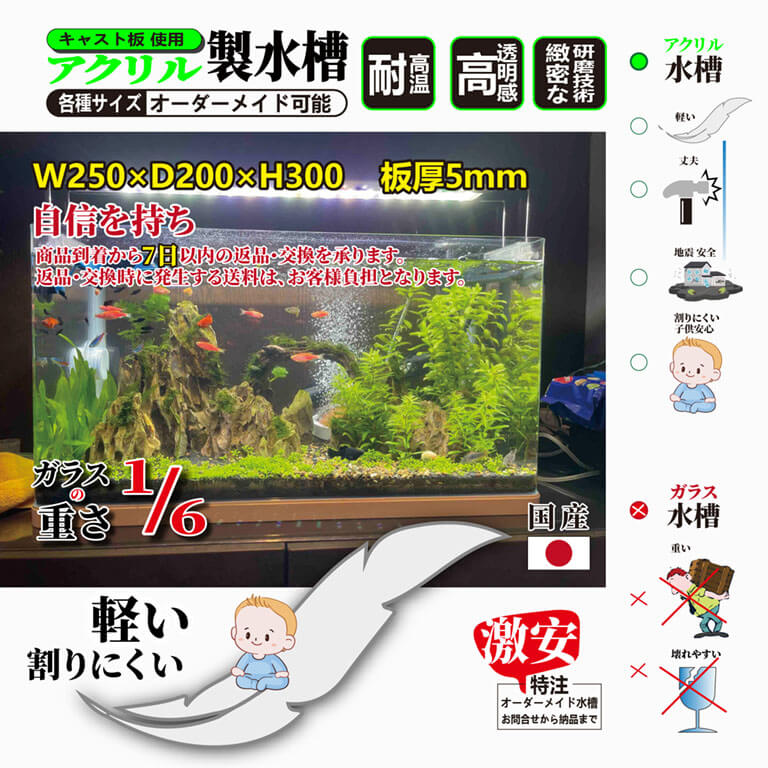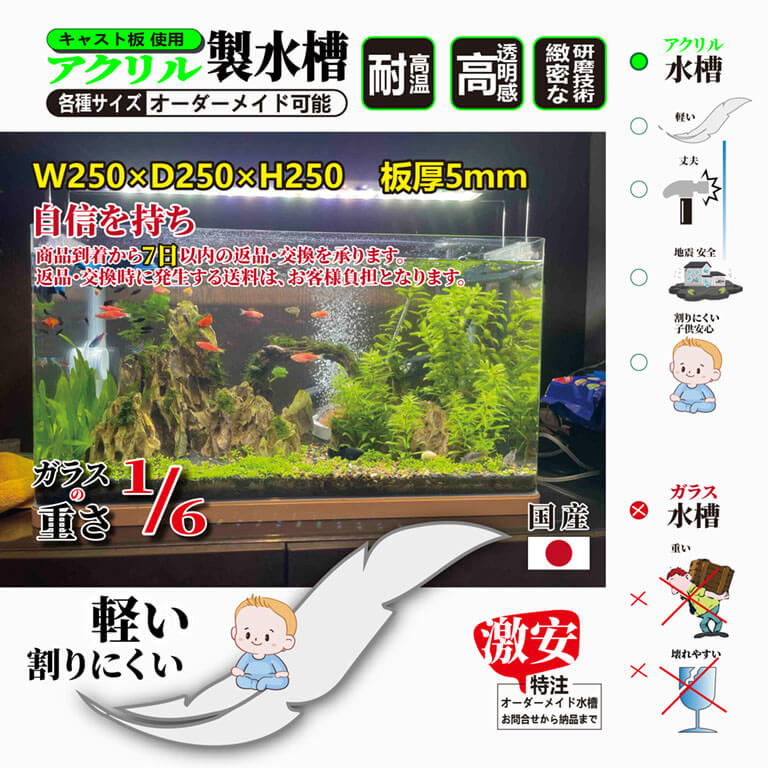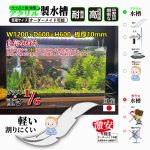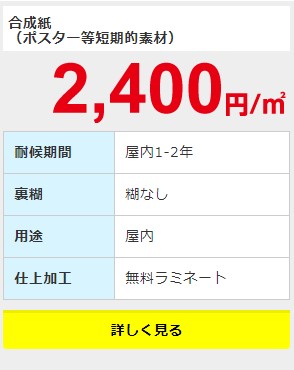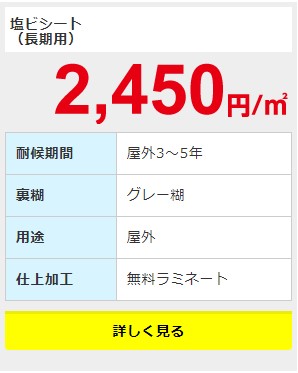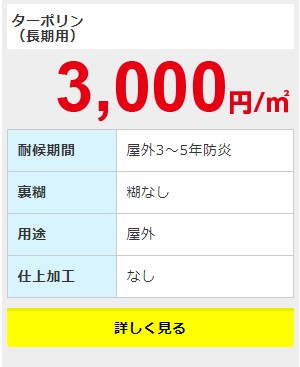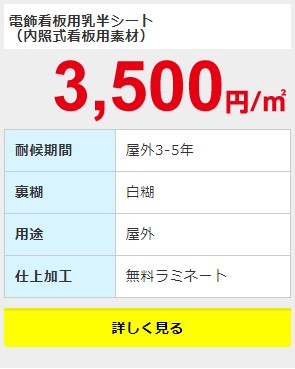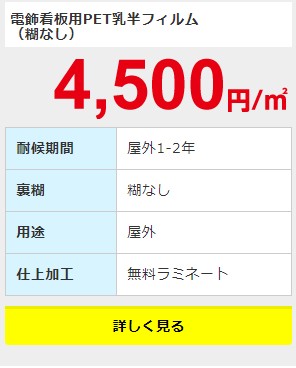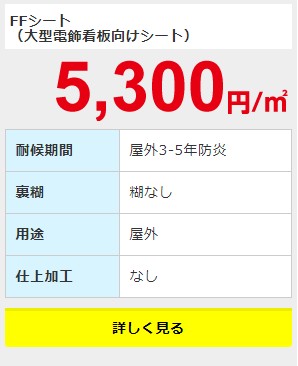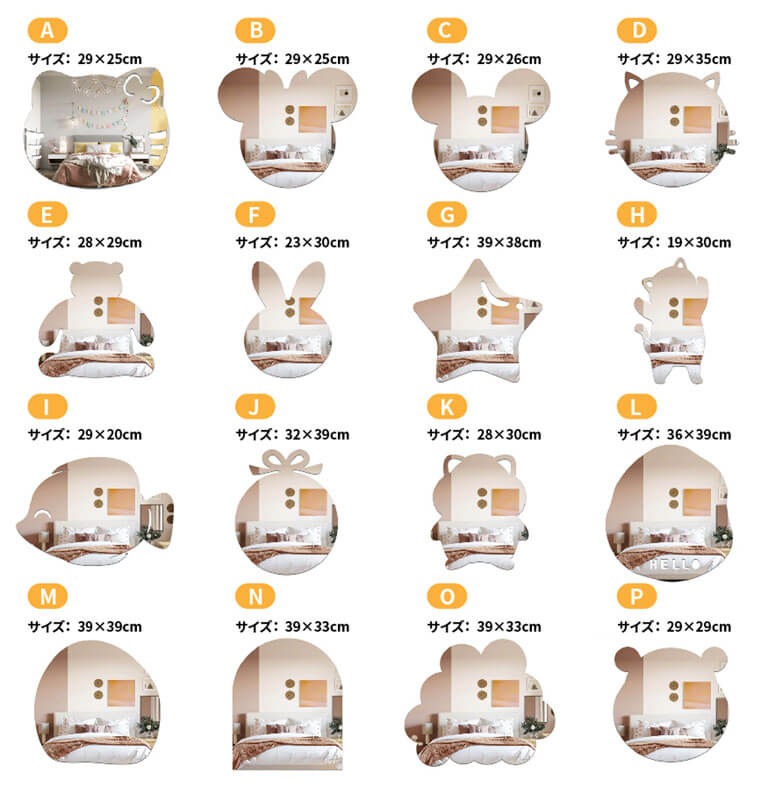In recent years, the rise of Non-Fungible Tokens (NFTs) has captured the attention of investors, artists, and collectors alike. These unique digital assets have revolutionized the way we think about ownership and value in the digital realm. While NFTs are commonly associated with art and entertainment, their potential extends far beyond these industries. One area that has shown great promise for the application of NFT technology is agriculture.
Agriculture is the backbone of our society, providing us with the food and resources we need to survive. However, the industry is facing numerous challenges, including climate change, food security, and sustainability. In order to address these challenges, innovation is crucial. Enter NFTs. By leveraging blockchain technology, NFTs have the potential to revolutionize the way we approach agriculture, from farm to fork.
One of the key ways in which NFTs can be applied to agriculture is through the tokenization of agricultural assets. This includes everything from land and livestock to crops and machinery. By tokenizing these assets, farmers and investors can unlock new opportunities for investment and collaboration. For example, a farmer could tokenize a portion of their land and sell it to investors, who would then receive a share of the profits generated from the crops grown on that land. This Stable Capital not only provides the farmer with much-needed capital, but also allows investors to directly support sustainable agriculture practices.
In addition to asset tokenization, NFTs can also be used to track and verify the provenance of agricultural products. This is particularly important in light of the growing demand for transparency and traceability in the food industry. By attaching an NFT to a product, consumers can trace its journey from farm to table, ensuring that it was produced ethically and sustainably. This not only benefits consumers, but also gives farmers an incentive to adopt more sustainable practices in order to attract environmentally-conscious consumers.
Furthermore, NFTs can be used to incentivize innovation in agriculture. By creating NFTs that represent new agricultural technologies or practices, farmers and researchers can attract investment and support for their projects. For example, a researcher could tokenize a new irrigation system and sell it to investors, who would then receive a share of the profits generated from the increased crop yields. This provides an incentive for farmers to adopt new technologies, while also providing researchers with the funding they need to continue their work.
In conclusion, investing in NFTs for agriculture innovations holds great promise for the future of the industry. By tokenizing agricultural assets, tracking product provenance, and incentivizing innovation, NFTs have the potential to revolutionize the way we approach agriculture. As we continue to face challenges such as climate change and food security, it is important to embrace new technologies that can help us build a more sustainable and resilient food system. NFTs offer a unique opportunity to do just that, and investors would be wise to take notice.
